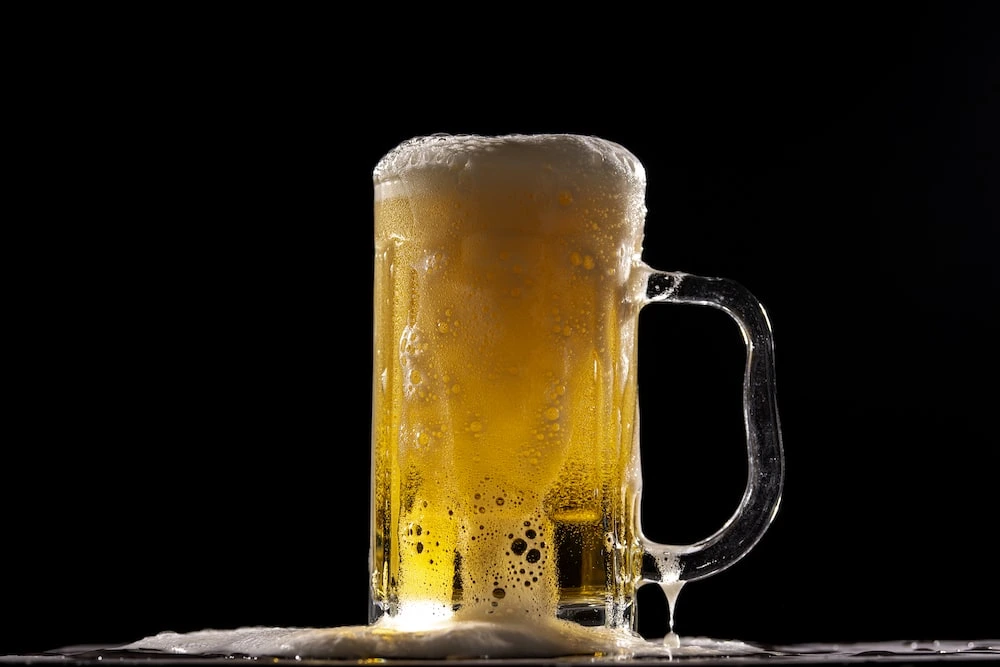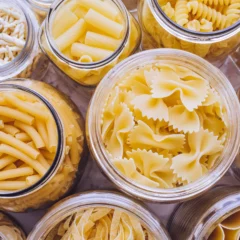Washington [US]: Researchers in Belgium have more suitable the flavour of modern-day beer by way of finding and genetically enhancing a gene that contributes appreciably to the flavour of beer and numerous different alcoholic liquids. The study has been published in the American Society for Microbiology journal Applied and Environmental Microbiology.
Beer became historically produced in open, horizontal vats. However, the industry transitioned to using big, closed packing containers inside the Nineteen Seventies because they were simpler to load, empty, and easy, taking into account higher manufacturing quotes and lower prices. However, because of insufficient flavour manufacturing, these contemporary methods produced beer of decreased best. In the direction of fermentation, yeast turns half of the mash’s sugar into ethanol and the alternative 1/2 into carbon dioxide. The trouble is that the pressure of the carbon dioxide inner those sealed containers mutes flavour.
At Katholieke Universiteit, Johan Thevelein, PhD, an emeritus professor of Molecular Cell Biology, his institution invented a way to identify the genes in yeast that had been in the price of vital functions for the enterprise. By analyzing an extensive wide variety of yeast strains to decide which did the greatest process of retaining flavour beneath strain, they used this generation to identify the gene(s) responsible for the flavor in beer. Thevelein, who is based NovelYeast and works with different corporations in commercial biotechnology, stated they focused on a gene for a banana-like flavour due to the fact it’s miles “one of the most vital flavours present in beer, in addition to in other alcoholic beverages.”
To our wonder, we determined a single mutation within the MDS3 gene, which encodes for a regulator reputedly concerned within the synthesis of isoamyl acetate, the source of the banana-like flavour and which becomes answerable for the bulk of the strain tolerance in this specific yeast stress, said Thevelein.
Thevelein and colleagues next engineered this mutation in extra brewing lines using the current gene editing method CRISPR/Cas9, which additionally extended the micro organism’s tolerance of carbon dioxide stress and enabled full flavor. Thevelein said, “it highlighted the medical relevance of our discoveries and their commercial ability.”
Thevelein mentioned that the MDS3 protein is likely a factor of an essential regulatory pathway that can play a position in carbon dioxide inhibition of banana flavour production, including that “how it does that is not clear.” He added that the mutation is the first perception into information the mechanism with the aid of which high carbon dioxide pressure may additionally compromise the manufacturing of beer flavour.
Additionally, the method has proved effective in locating genetic components essential for the synthesis of the rose flavor by yeast in alcoholic liquids, as well as other commercially large capabilities, which include glycerol manufacturing and thermotolerance.










